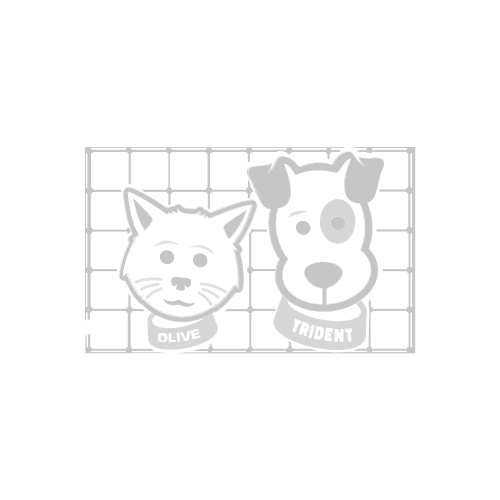Whisker Fatigue in Cats
Cat owners may be scratching their heads thinking 'What in the world is whisker fatigue?' While it may sound like a medical term for excessive cat kissing, or even an April Fool's Day prank, it's actually a medical condition in cats that causes them to have great stress. Although some vets do not see this as much of an issue; pet owners should be aware of whisker fatigue.
Cat whiskers act as a sensory antennae that pulls signals to the brain and nervous system. Whiskers provide cats with information on the outside world and can help them navigate their surroundings, such as around furniture in a dark room. (Amazing huh?) Because cats rely on their whiskers predominately for sensory information, whisker fatigue is essentially a headache for a cat, giving them sensory overload.
“Cat whiskers are extraordinary sensing hairs that give them almost extrasensory powers,” says Dr. Neil Marrinan of the Old Lyme Veterinary Hospital in Connecticut.
The main cause of this cat stress is usually from eating - something cats cannot avoid. When bending down to eat or drink, the cat's bowl may touch the whiskers and cause them discomfort. This can be quite painful for the cat; so, cat owners should consider using a different style of feeding dish, if they see signs of pain or discomfort.
Signs of whisker fatigue can include:
- Using the paws to reach for food rather than the head;
- Pacing around the food dish and being hesitant to eat;
- Acting aggressive around meal time.
Whisker Fatigue is not a disease and will not cause your cat long-term health complications.The effects of whisker fatigue include hairs to be sensitive, a loss of appetite and depression.

